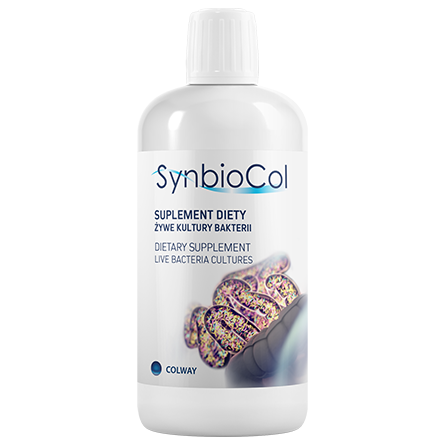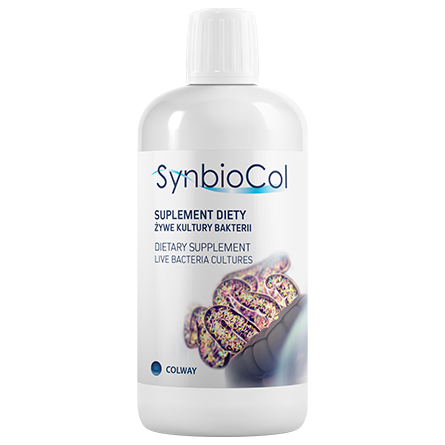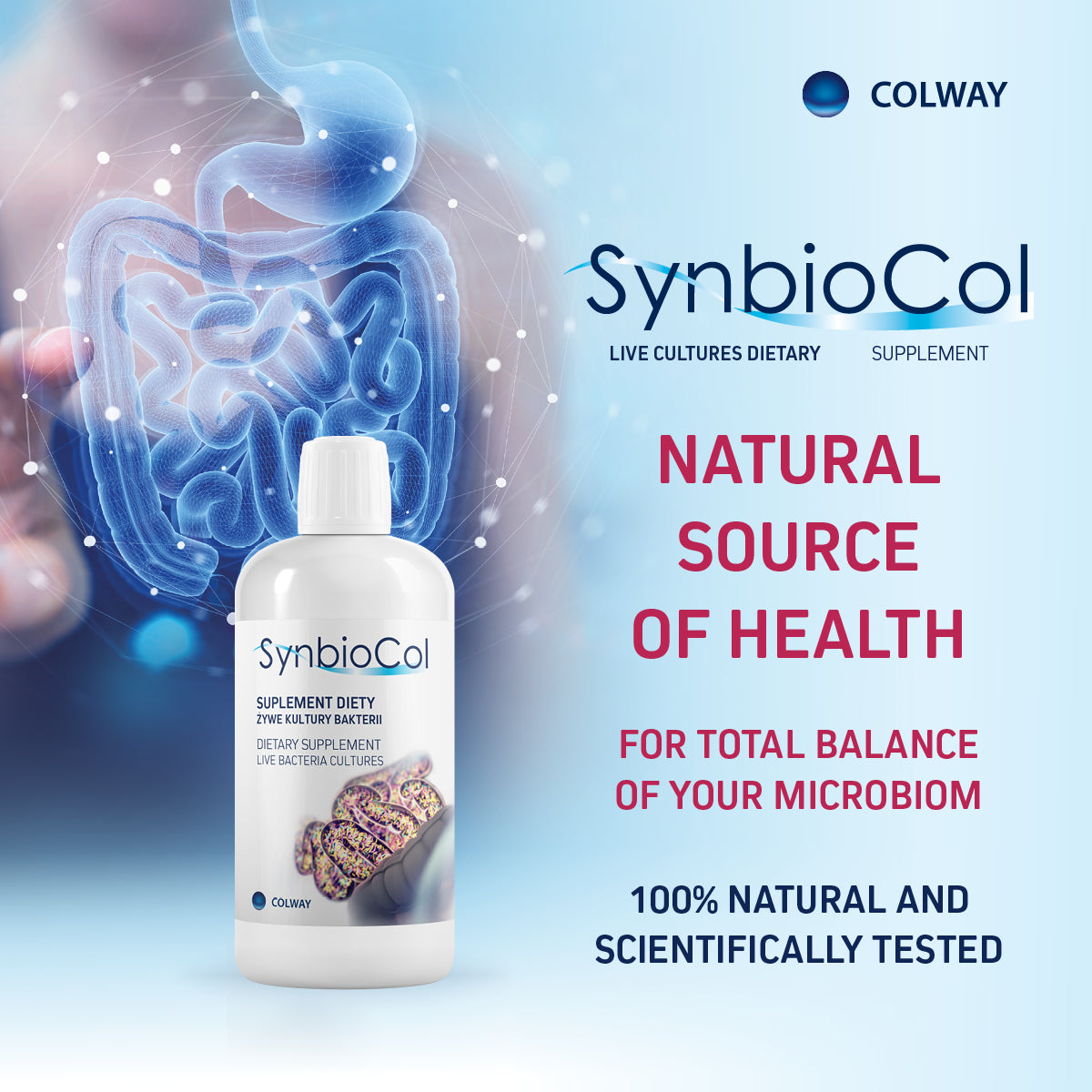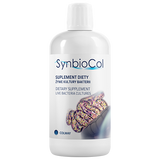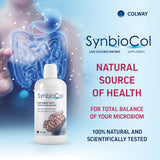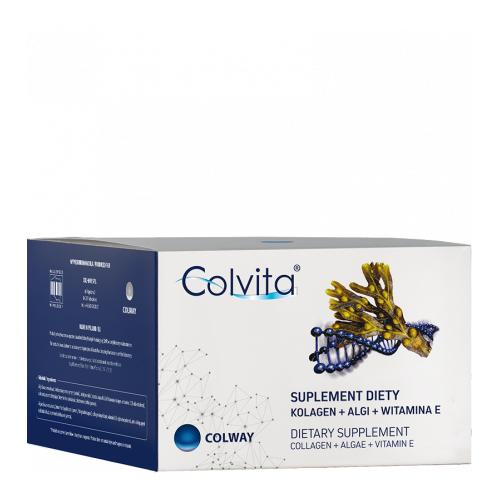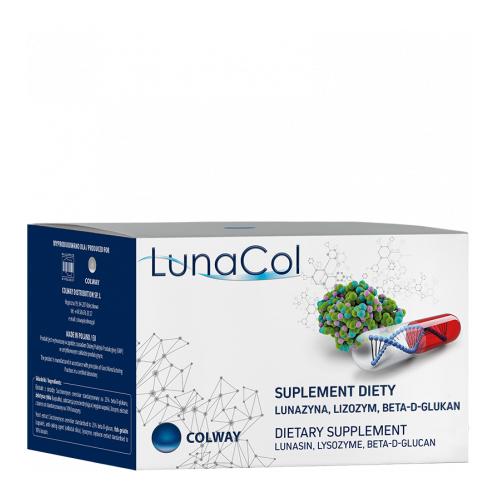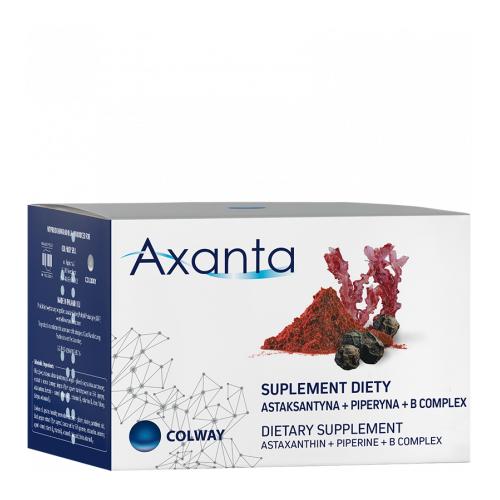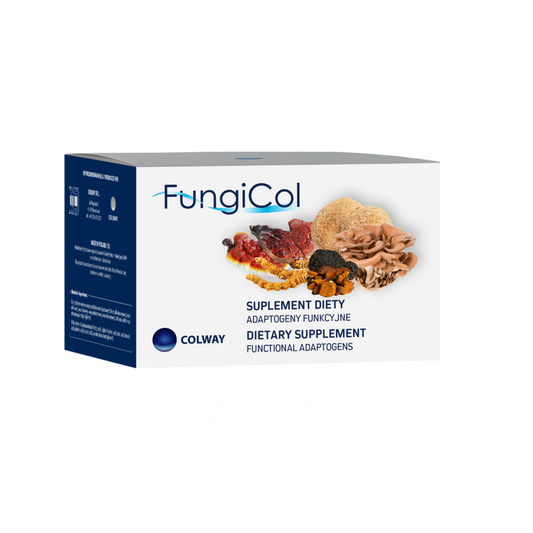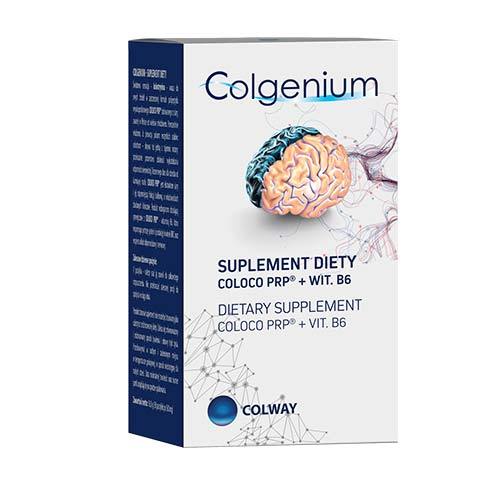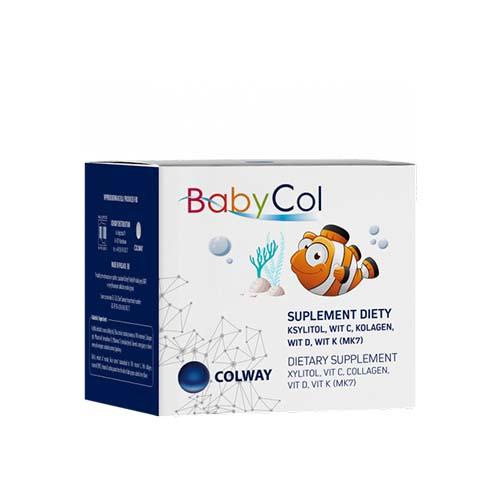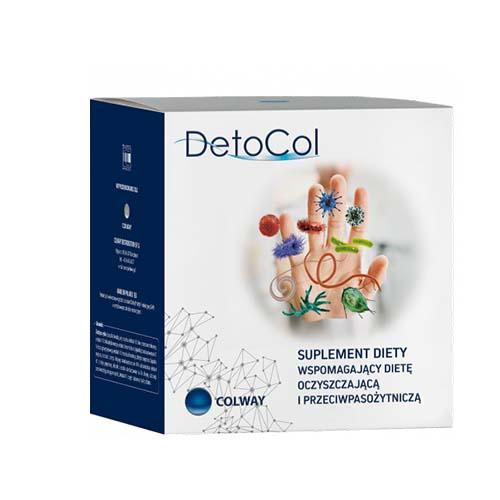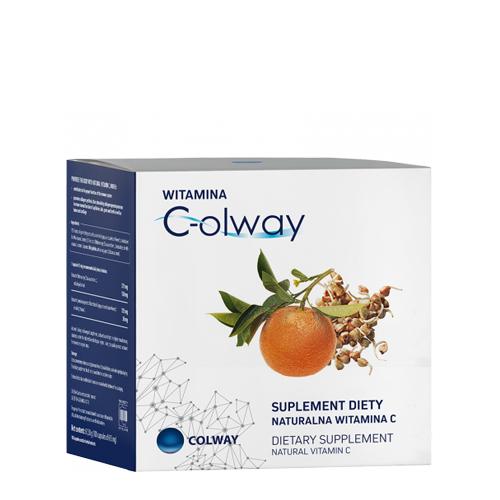To compare the probiotics commonly found in yoghurt and kefir with those in Synbiocol, it’s important to look at the types of probiotics each contains, their potential benefits, and the contexts in which they are used.
1. Probiotic Content:
-
Yoghurt: Typically contains live cultures such as Lactobacillus bulgaricus and Streptococcus thermophilus. Some yoghurts may also include additional strains like Lactobacillus acidophilus or Bifidobacterium bifidum, especially if they are marketed as being particularly beneficial for digestive health.
-
Kefir: A fermented milk drink with a broader range of probiotics due to its unique fermentation process involving kefir grains. Kefir usually contains several strains of lactobacilli and bifidobacteria, making it a rich source of probiotics. Common strains include Lactobacillus acidophilus, Lactobacillus casei, and Bifidobacterium bifidum, among others.
-
Synbiocol: This product is designed with a specific blend of probiotics, including various Lactobacillus species (L. acidophilus, L. plantarum, L. casei, L. bulgaricus, L. fermentum), Lactococcus lactis, several Bifidobacterium species (B. bifidum, B. longum, B. animalis), Streptococcus thermophilus, and even a yeast, Saccharomyces cerevisiae. This combination is particularly diverse, potentially offering a wide range of benefits due to the synergy among multiple strains.
2. Why Synbiocol is Unique?
Synbiocol contains several probiotics that are typically not found in yoghurt or kefir. These specific strains could offer unique health benefits, contributing to the distinctiveness of Synbiocol as a probiotic supplement. Here are the unique strains and their potential importance:
- Lactobacillus fermentum SCDPPW - This strain is not commonly found in standard yoghurt or kefir. It has potential benefits in improving gut health and boosting the immune system. Its presence in Synbiocol might enhance the product’s effectiveness in supporting digestive health and possibly reducing the incidence of gastrointestinal infections.
- Lactococcus lactis subsp. lactis biovar diacetylactis SCD919 - Rarely used in traditional yoghurt and kefir, this strain is known for its role in fermentation and flavour development in dairy products. Its inclusion in Synbiocol could contribute to overall intestinal health and might help in the digestion of lactose, making the product suitable for individuals with lactose intolerance.
- Bidobacterium longum SCD697 and Bidobacterium animalis SCD918 - These strains are not typical components of standard yoghurt or kefir formulations. Bifidobacterium longum is noted for its ability to reduce gastrointestinal discomfort and inhibit the growth of harmful bacteria, while Bifidobacterium animalis is known for its effectiveness in improving bowel regularity and has immune-modulating properties. Their presence in Synbiocol could enhance its utility in promoting a balanced gut microbiome and supporting the immune system.
- Saccharomyces cerevisiae SCD058 - This is a yeast, rather than a bacterium, which is not found in yoghurt and is uncommon in kefir. It can be particularly beneficial for gut health, helping to maintain gut barrier integrity and potentially aiding in the treatment of diarrhoea and other gastrointestinal disorders. Its inclusion provides a broader spectrum of probiotic activity, adding to the overall effectiveness of Synbiocol in promoting gut health
The inclusion of these specific probiotics in Synbiocol could make it particularly effective for individuals seeking targeted health outcomes, such as improved gut health, enhanced immune function, and better digestion, especially for those with specific dietary needs or health conditions that might not be fully addressed by the probiotics commonly found in yoghurt and kefir. Additionally, the diversity and specificity of the probiotic strains in Synbiocol can help in creating a more robust and balanced microbial environment in the gut, which is crucial for overall health. This formulation might also appeal to those looking for non-dairy alternatives to receive their probiotic intake.
3. Potential Health Benefits:
- General Benefits (Yoghurt and Kefir): Both yoghurt and kefir are known for supporting digestive health, enhancing the immune system, and possibly improving lactose digestion due to their probiotic content. These benefits are primarily attributed to the live microorganisms that can help balance the gut microbiota.
- Specific Benefits (Synbiocol): Given its diverse and specific probiotic formulation, Synbiocol might offer targeted benefits beyond general gut health. These could include improved gut barrier function, enhanced immune response, and potentially better outcomes in managing specific gastrointestinal disorders, thanks to the inclusion of yeast and a variety of bacterial strains.
4. Contexts of Use:
- Yoghurt: Commonly consumed as a part of daily meals or snacks, easily incorporated into various diets, and generally focused on general health maintenance.
- Kefir: Often consumed by those looking for a probiotic-rich product that is also suitable for those who might have difficulty digesting lactose. It is praised for its versatility and slightly higher probiotic content compared to traditional yoghurt.
- Synbiocol: Likely used by individuals seeking specific health outcomes based on its unique probiotic blend. It may be particularly appealing to those who are interested in a non-dairy, juice-based product with targeted probiotic strains for specific health needs.
Conclusion:
While yoghurt and kefir provide good general health benefits associated with their probiotic contents, Synbiocol offers a more tailored and potentially more potent probiotic profile due to its unique blend and the inclusion of specific strains. It might be more suitable for individuals with particular health conditions or those looking for a non-dairy probiotic supplement. However, the choice between these products should also consider dietary preferences, lifestyle, and specific health goals.




















































































































